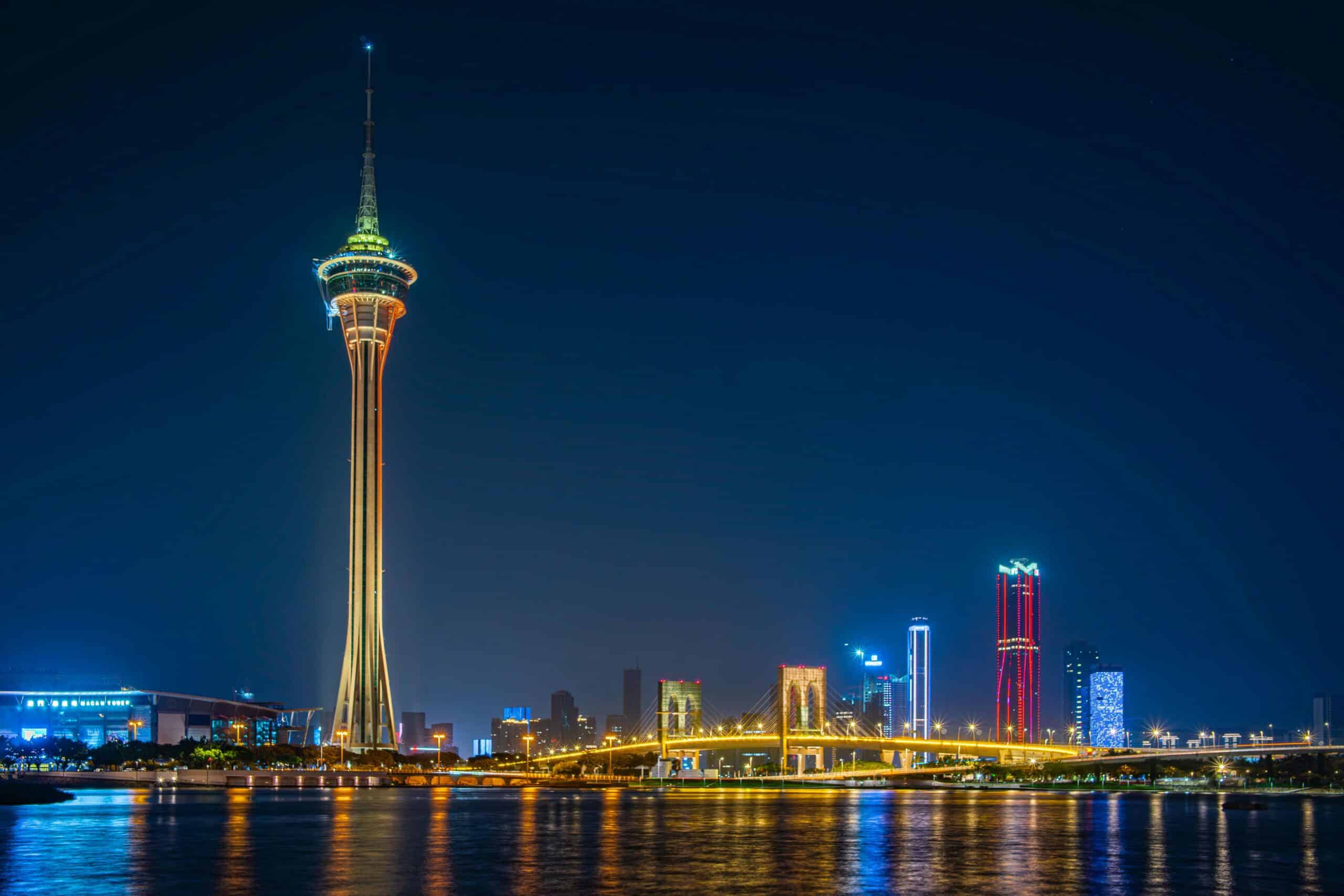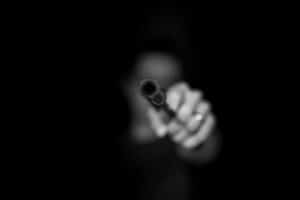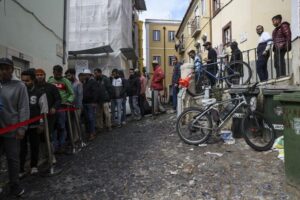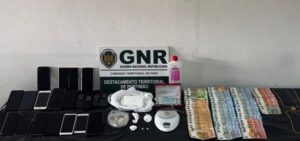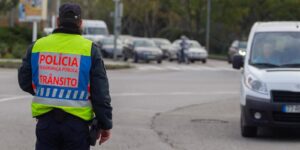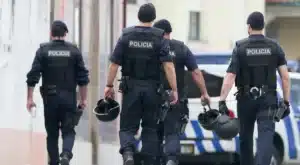The arrest of two journalists in Macau last month has sparked concern among media watchdogs, but it’s Portugal’s resounding silence that’s now making headlines.
The two reporters, from the independent news outlet All About Macau, were detained by police on March 17 while attempting to cover the presentation of the government’s 2025 political programme at the city’s Legislative Assembly.
On social media, All About Macau wrote that the police were called to remove the journalists, “claiming they were suspected of “disturbing the functioning of the authorities” in Macau and of “illegal video recording”’.
“The official justification (…) is deeply worrying. It reflects an increasingly repressive environment in which independent media face arbitrary restrictions, exclusion from public events and now criminalisation,” warned the Society of European Journalists and Communication Professionals in Asia (JOCPA) in a statement released on Tuesday.
Josep Solano, president of JOCPA, said he “sincerely hopes that this unfortunate incident does not mark a further deterioration of the press freedom environment in Macau. However, recent events in the region raise serious concerns”.
Solano has also condemned Portugal’s silence over the subject, describing it as “worrying given its deep historical and cultural ties with Macau”.
Macau, which was under Portuguese control for more than 400 years, passed to Chinese administration in 1999, under an agreement which stipulated that the region should maintain fundamental rights and freedoms, including freedom of the press, for the first 50 years.
“We believe that such silence cannot be seen as neutral, especially in a context where press freedom is under threat,” emphasised Josep Solano.
“It’s important to remind Portugal – a democratic country with long-standing links to Macau – that it has a moral responsibility to defend and promote fundamental freedoms,” he argued.
“Even a discreet gesture or expression of concern would reaffirm Portugal’s commitment to democratic values and freedom of the press,” said Solano.
On Friday, the Macau Journalists Association (‘AJM’) said it “deeply regrets” the arrest of the two reporters, including the organisation’s president, Ian Sio Tou.
JOCPA, created in January and based in Estonia, expressed solidarity with AJM, “which courageously denounced this alarming incident”.
“The unprecedented situation that has occurred is sad and worries us, as we believe it sets a precedent that is – to say the least – constraining,” the president of the Macau Portuguese and English Press Association (AIPIM) told Lusa today.
José Miguel Encarnação asked the public prosecutor’s office “to weigh up the facts so that there are no major consequences”.
The Society of European Journalists and Communication Professionals in Asia (JOCPA) called on the government to drop all charges against the journalists and to lift restrictions on the media, “regardless of the format or frequency of publication”.
On 13 April, AJM had questioned the “unjustified exclusion” of “local monthly magazines and online media” – such as All About Macau – from covering official events with “justifications that are not convincing” – such as limited space.
José Miguel Encarnação also argued that it was “essential to ensure that journalists’ rights are safeguarded and that the freedom to inform is not restricted under unclear pretexts”.
Even so, the president of the Macau Portuguese and English Press Association (AIPIM) conceded that the association had decided not to issue a statement about the incident.
It’s a position that Josep Solano understands: “Given the complex and delicate circumstances that currently prevail in Macau, (…) we understand that prudence is an important consideration.”
However, he warned that “a significant number of non-Chinese journalists working in Macau are European, and any erosion of fundamental freedoms could have a direct impact on their ability to operate safely and effectively”.

